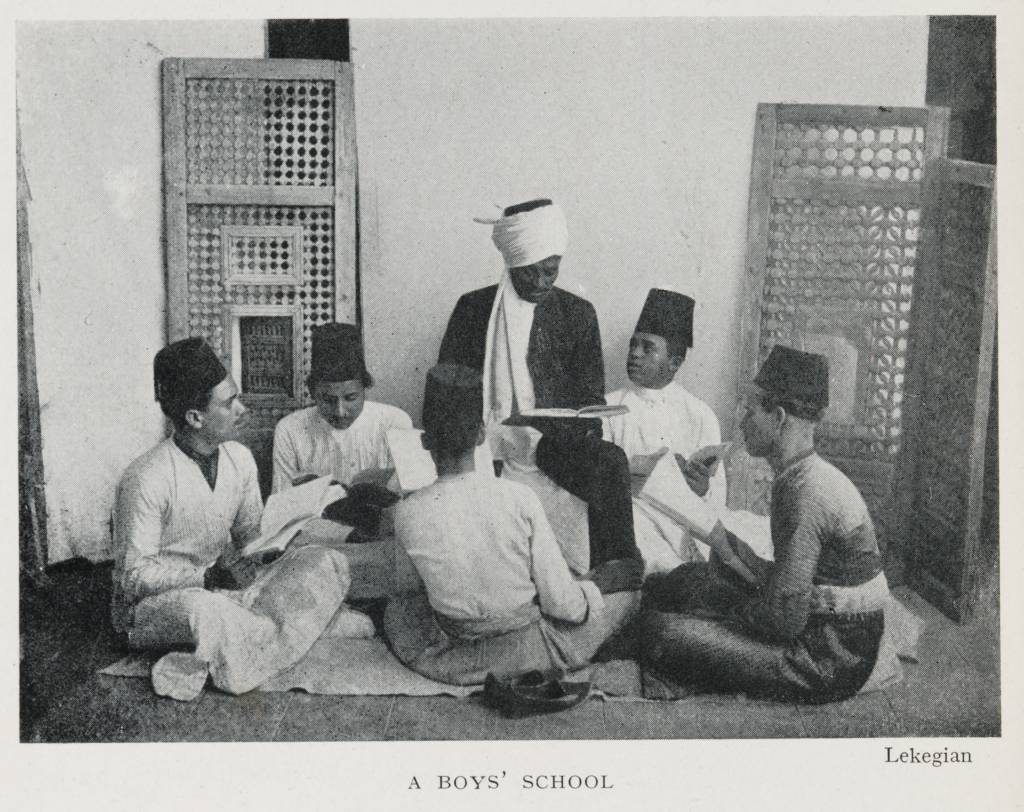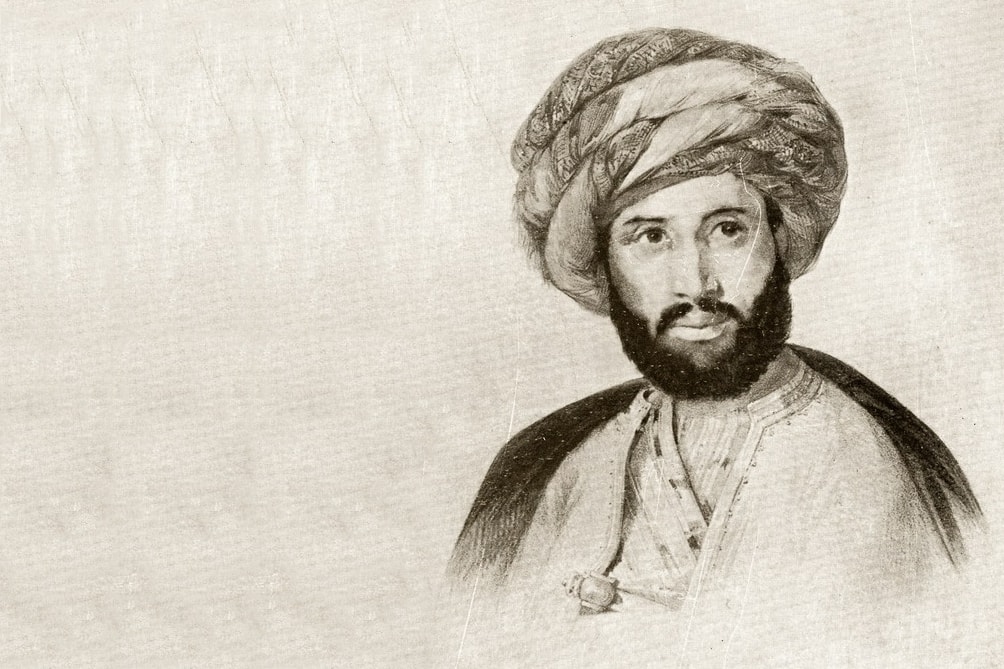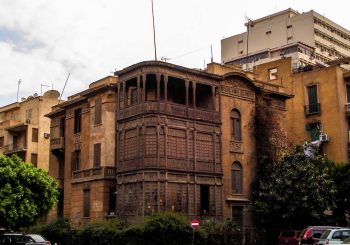Rifa’a Al-Tahtawi rose to become one of Egypt’s leading enlighteners, thinkers, and translators in the 19th century. Author Kaj Ohrnberg describes him as, “a standard-bearer and symbol of Arab renaissance, the most-well known thinker of his epoch.”
Born in 1801 in Sohag, Al-Tahtawi began his educational career by studying Qur’an in his hometown; a brilliant mind at a ripe age, he joined Al-Azhar at 17, becoming an imam in the process.
In 1826, Al-Tahtawi traveled to Paris with an Egyptian educational mission sent by Egypt’s former ruler, Muhammed Ali. Ali, the ‘engineer of modern Egypt,’ which dispatched young Egyptians to the West on great resources to scientific and cultural missions.
In awe, he skillfully captured European etiquette, education, and culture, which he published in his book, Talkhis Al-Ebreez Fy Paris (A Paris Profile), in the mid-19th century. This book is one of the most important accounts of Al-Tahtawi’s journey in Paris.
Al-Tahtawi’s brilliance further lies in his mastered translation work, from French to Arabic – “the extraordinary part about his reading was the fact that he translated into Arabic nearly every book he read. There were three other imams, but not one of them attempted any task beyond his duties.” He studied ethics, social and political philosophy, mathematics, and geometry. He also learnt of Voltaire, Jean-Jacques Rousseau, and others during his time in France.
The 25-year old chaplain and religious teacher traveled with curiosity and openness; he returned five years later, easily becoming the pioneer of education and translation in Egypt.
Following his time in Paris, Al-Tahtawi became the head of the new School of Languages in Cairo in 1836. In 1841, he became in charge of a translation bureau, where he handled the translation of many books on history, geography, and military sciences. He eventually oversaw the translation of more than 2,000 books into Arabic.

His “contribution to the lexical development” of modern literary Arabic stands as one of his greatest achievements in Egypt. Through his writings, Al-Tahtawi attempted to resolve the difficulties of locating appropriate Arabic lexical terms to express the new science and cultural terms that were newly introduced from the West into Egypt in the 19th century.
His contributions were not only important to the study of the Arabic lexicon historically and generally, but also for enriching the Arabic language and the understanding of how language develops through interaction with other languages.
“An Egyptian reformer and thinker who is widely recognized as the pioneer of the Nahda (Egyptian ‘Awakening) in the 19th century, [Al-Tahtawi] stands at the cultural heart of the intellectual awakening of Egypt’s modernization movement that sought to import and implement military, scientific, technical, and educational innovations from the West.”
Al-Tahtawi passed away in 1873, but his life-long achievements stand to reflect his brilliant mind. Despite growing up in humble upbringings, he forged his path to becoming an impactful pioneer in Egypt.






Comments (0)